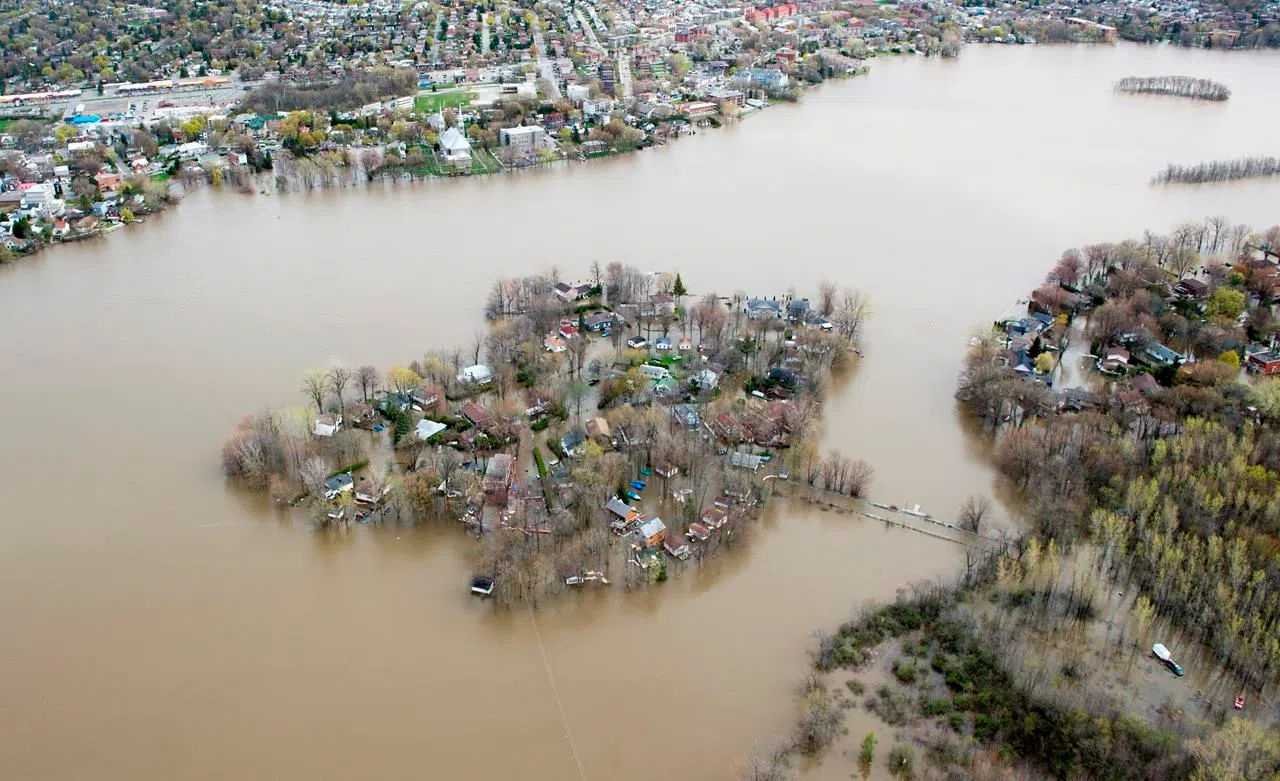
The Monday news briefing: An at-a-glance survey of some top stories
Highlights from the news file for Monday, May 8
———
MAN AND YOUNG GIRL MISSING IN QUEBEC FLOODS: More than 1,500 soldiers hit the ground Monday to help Quebecers deal with “historic” flooding that has caused widespread damage and evacuations, and sparked a desperate search for a man and a toddler whose vehicle swerved off a waterlogged road into a surging river. The heavy current pulled the car toward the Sainte-Anne River in eastern Quebec and its occupants fell into the water when the vehicle flipped, said provincial police Sgt. Claude Doiron. A woman who was in the car was able to save herself. Heavy rains and melting snowpack across Quebec have so far flooded 2,426 residences in the province, forcing the evacuation of 1,520 people in almost 150 municipalities. National Defence said about 800 additional troops were deployed in the province on Sunday, joining more than 400 Canadian Forces members already assisting with the flood effort. Some 1,650 soldiers in all were expected to be helping in the flood effort by the end of the day Monday. The troops, along with aircraft and a dozen boats, were aiding communities across Quebec, several of which were under states of emergency, including Montreal and its northern suburbs.
———



